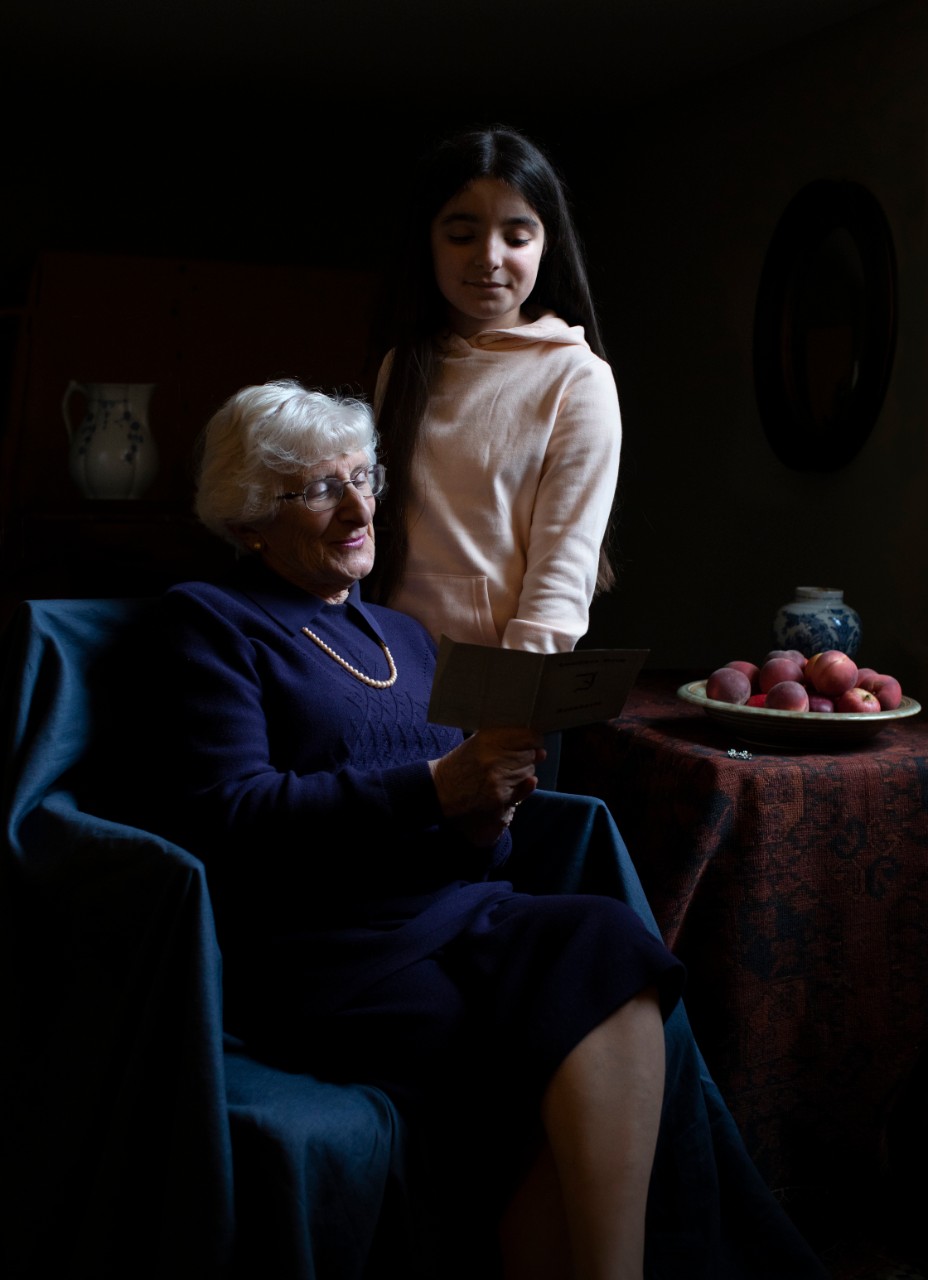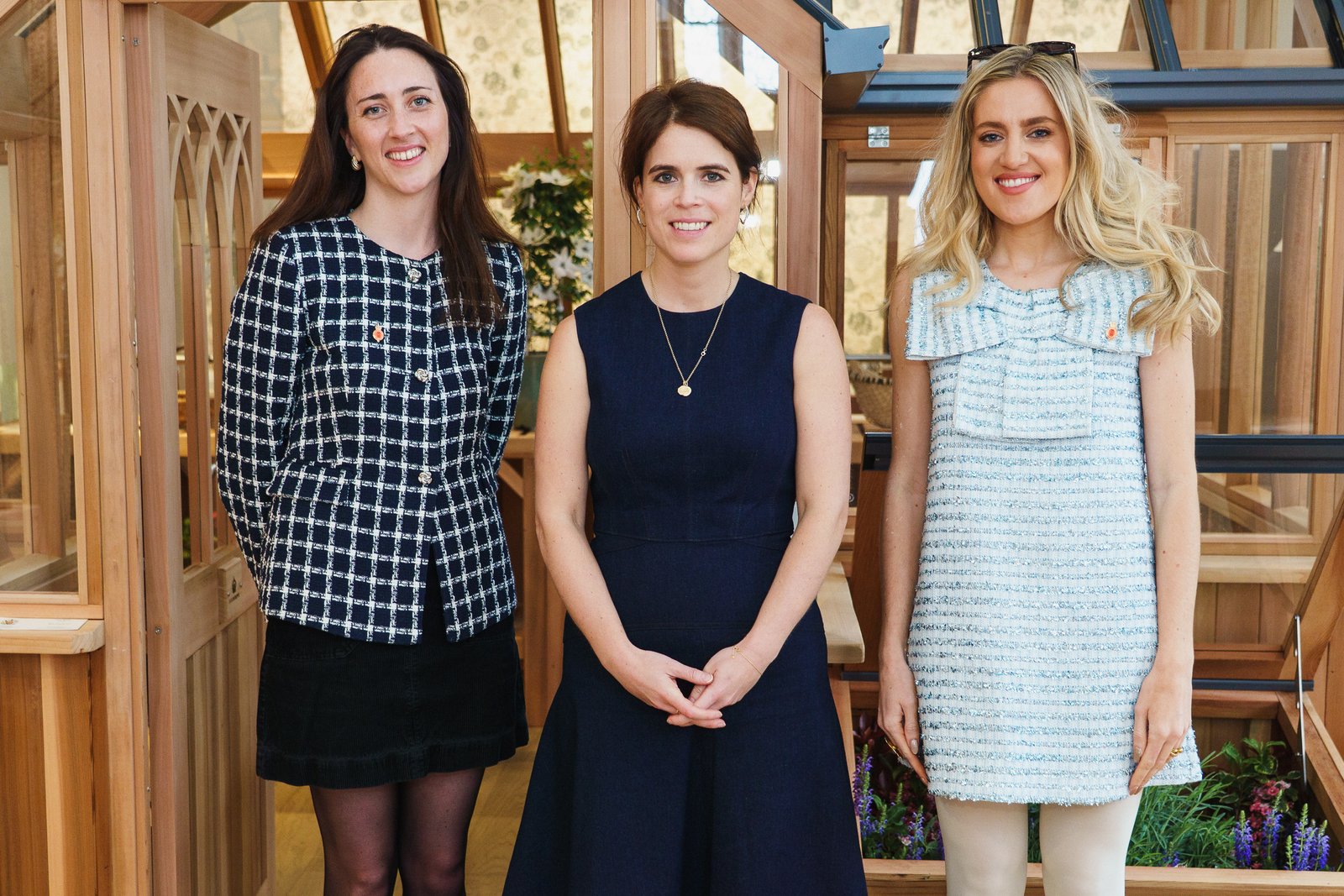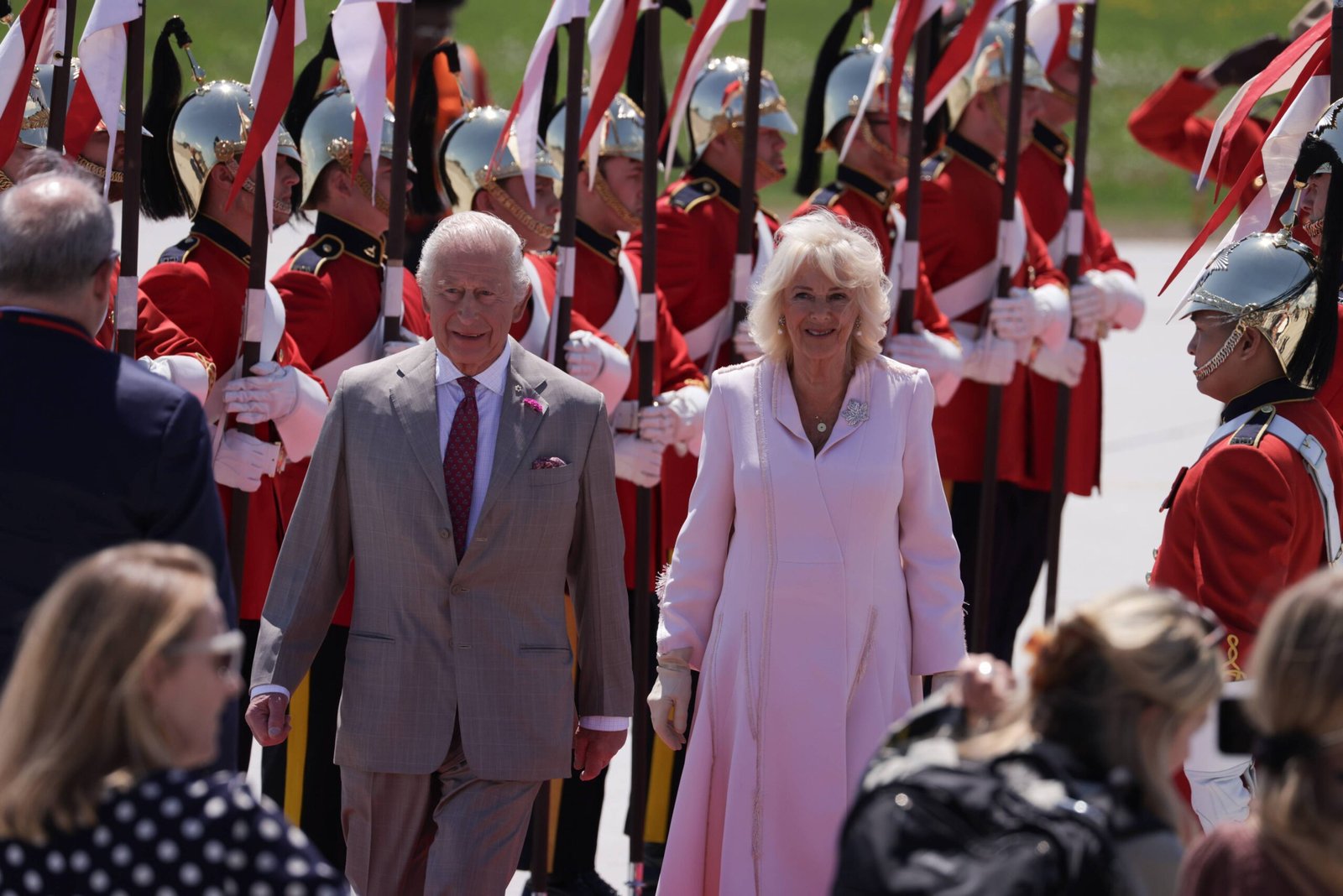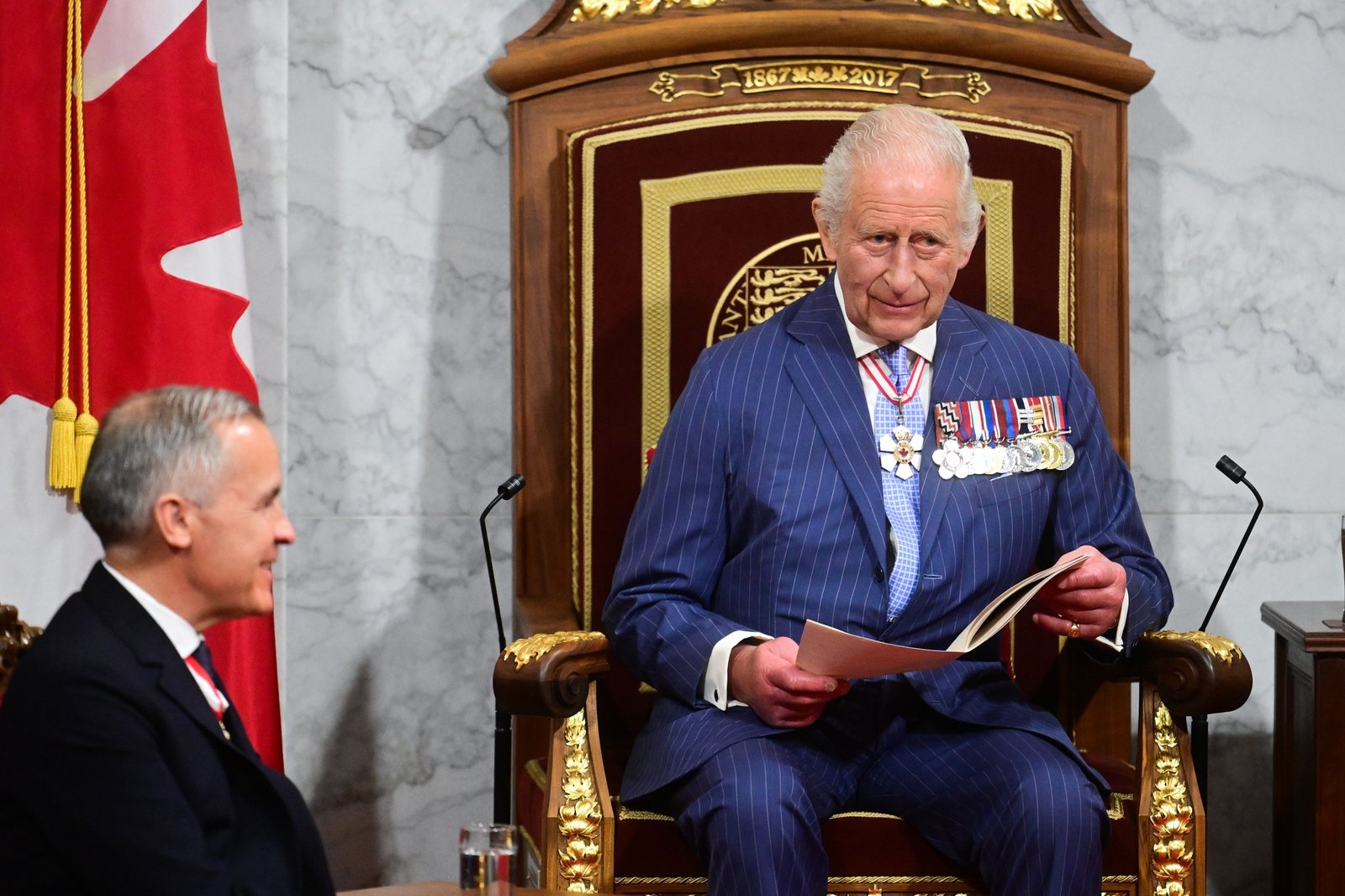Ahead of Holocaust Memorial Day tomorrow, Kensington Palace has announced The Duchess of Cambridge’s involvement in a photographic project, depicting survivors of the genocide, to mark 75 years since the end of the Holocaust.
Catherine has taken two photographs of Holocaust survivors and their grandchildren for the project by the Holocaust Memorial Day Trust.
The portraits will be part of a new exhibition to open later this year, bringing together 75 powerful images of survivors and their family members to mark seven and a half decades years
The organisation (HMDT) worked with Jewish News and the Royal Photographic Society (RPS); the Duchess is their patron.

Victims of the Holocaust, or Shoah as it is sometimes called, number around 6 million. The project aims to honour those persecuted and to celebrate the full lives that survivors have built in the UK, and was originally conceived by Justin Cohen of the Jewish News.
Each of the portraits, including the two captured by Kate, depicts the special connection between a survivor and younger generations of their family. Of course, the younger generations will carry the legacy and story of their grandparents.
However, the project also aims to inspire people across the UK to consider their own responsibility to remember and share the stories of those who endured persecution at the hands of the Nazis.
The two images that the Duchess has contributed are of Steven Frank, BEM, who is aged 84. Originally from Amsterdam, Frank, who survived multiple concentration camps as a child. He is pictured alongside his granddaughters Maggie and Trixie Fleet, aged 15 and 13.
The second image is of Yvonne Bernstein, originally from Germany. When she was a child, she was hidden in France throughout most of the Holocaust. She is pictured with her granddaughter Chloe Wright, aged 11.
The other two photos shared today to mark the launch are Joan Salter MBE, aged 79, who fled the Nazis as a young child. She is photographed with her husband Martin and her daughter Shelley. Her photo was taken by Frederic Aranda.

John Hajdu MBE, aged 82, is the final subject. He survived the Budapest Ghetto. Hajdu was photographed with his grandson Zac, aged 4.
Speaking about the project, The Duchess of Cambridge said: “The harrowing atrocities of the Holocaust, which were caused by the most unthinkable evil, will forever lay heavy in our hearts. Yet it is so often through the most unimaginable adversity that the most remarkable people flourish.
“Despite unbelievable trauma at the start of their lives, Yvonne Bernstein and Steven Frank are two of the most life-affirming people that I have had the privilege to meet,” Catherine said. “They look back on their experiences with sadness but also with gratitude that they were some of the lucky few to make it through. Their stories will stay with me forever. Whilst I have been lucky enough to meet two of the now very few survivors, I recognise not everyone in the future will be able to hear these stories first hand. It is vital that their memories are preserved and passed on to future generations, so that what they went through will never be forgotten.
“One of the most moving accounts I read as a young girl was ‘The Diary of Anne Frank’ which tells a very personal reflection of life under Nazi occupation from a child’s perspective. Her sensitive and intimate interpretation of the horrors of the time was one of the underlying inspirations behind the images.

“I wanted to make the portraits deeply personal to Yvonne and Steven – a celebration of family and the life that they have built since they both arrived in Britain in the 1940s. The families brought items of personal significance with them which are included in the photographs,” the Duchess commented.
“It was a true honour to have been asked to participate in this project and I hope in some way Yvonne and Steven’s memories will be kept alive as they pass the baton to the next generation.”
The Duchess of Cambridge visited Stutthof concentration camp during her visit to Poland in 2017.
One of Catherine’s subjects, Steven Frank, said of the idea: “I would hope that the people who look at these pictures not only look at the beauty of the photography, but they will also think of the people behind the photos and their families that they lost in the Holocaust.”
His granddaughter Trixie commented: “It was amazing, The Duchess of Cambridge was really interested in our family and in Opa’s story, and the items we brought with us.’ Her sister Maggie said ‘I think it helped put into perspective that he’s just our Opa – he’s our grandpa as well as a Holocaust survivor. It’s important to tell the story so it doesn’t happen again.”
Tomorrow, The Duke and Duchess of Cambridge will attend a service of commemoration at Westminster Abbey, marking the anniversary, while Camilla is at Auschwitz for the official international event.
Chief Executive of the Holocaust Memorial Day Trust, Olivia Marks-Woldman, explained: said of the project: “The survivors featured in these portraits all have very different stories, but each of their lives has been fundamentally changed by the trauma and loss they experienced. What connects these individuals is that, after systematic persecution, they all made the UK their home and the country has been enriched by them and their families.
“Today, it is our collective responsibility to share the stories of those who survived, and remember the many individuals who were murdered.”
Justin Cohen, News Editor and Co-Publisher of Jewish News, who also had the idea for the project, said: “Each of these striking photographs remind us of the strength of so many survivors in building new lives and families after coming face to face with evil, but also of the millions who were murdered and the many more millions of children and grandchildren who were never even born.
“With fewer and fewer survivors with us to relay their experiences the work of the Duchess and the other photographers will help ensure the truth is never forgotten, and its lessons for fighting hate today are brought to the fore.”
Dr Alan Hodgson, President of the Royal Photographic Society said: “The power of photography to document and give insight is evident in the photographs released today. These portraits provide a direct connection to those who were witnesses to the horrors perpetrated by the Nazi regime and, crucially, bring in their children and grandchildren who will be so important in ensuring that their stories and experiences remain relevant and real to contemporary society.”









